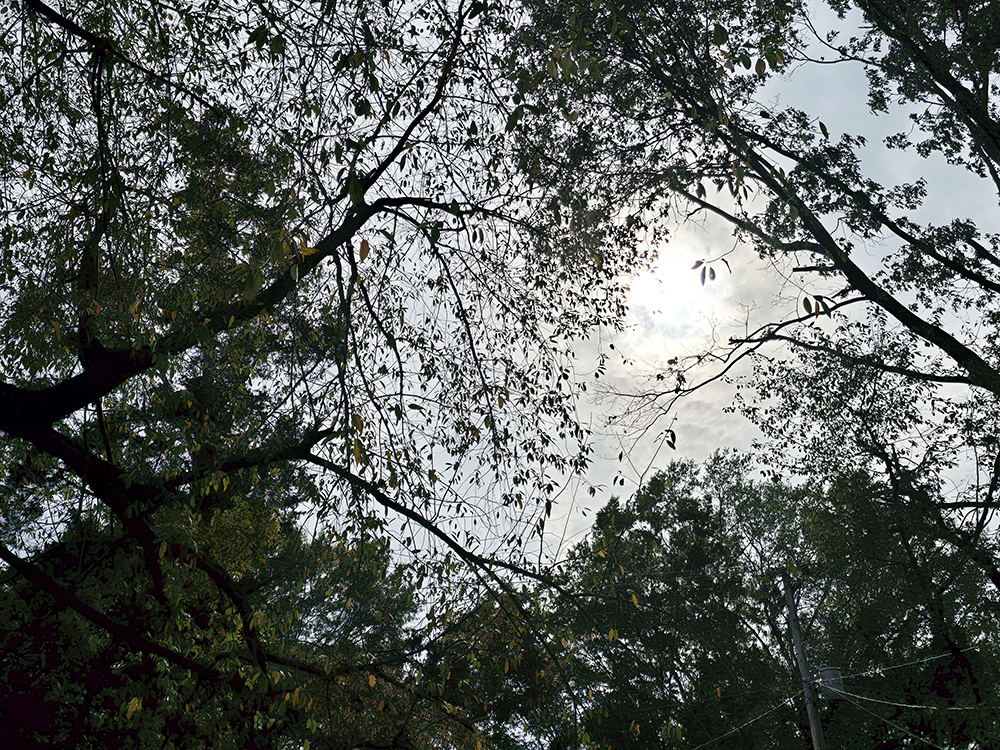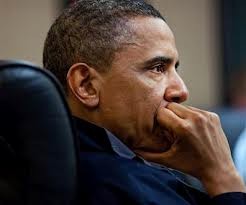Mayor Willie Herenton, known for his big plans and numerous controversies during the almost 13 years he has served as Memphis mayor, is famous within journalistic ranks for his candor. Though he can be as reticent as any other public figure in formal settings, even defiantly so on particularly sensitive subjects, the mayor can dish with the best of them when he wants to.
Herenton was in such a mood last Thursday night when, after arriving late at a fund-raiser at downtown’s Joysmith Studio for his friend, Shelby County commissioner Deidre Malone, he let himself go a little with a handful of attendees. Asked about the unfounded rumor that went around, and kept going around, two weekends ago, concerning what was supposedly his imminent indictment on federal charges, the mayor made no secret of his exasperation at the willingness of people, especially the media, to believe anything and everything about him.
“It’s unbelievable what they say!” Herenton exclaimed. He recalled another widespread rumor several years ago. “They said I was at Betty Ford and claimed they couldn’t find me. Well, all they had to do was look. I was in my office working!”
At the time, E.C. Jones, then a councilman from District 1, which cuts a swath across the city’s northernmost precincts from Frayser to Cordova, went public with his concerns that Herenton was nowhere to be found.
“Couldn’t find me!” the mayor expostulated. “Well, he could have found me if he wasn’t … .” Here came one or two unflattering epithets. The mayor went on. “He could have found me if he’d had enough sense to ride the elevator up two floors, from five to seven, and just look around.”
Herenton was dismissive about current suspicions that he was behind the surprise firing by new superintendent Kriner Cash of the Memphis school system’s former longtime athletic director, Wayne Weedon, and his replacement by David Gaines, who was once a basketball teammate of Herenton’s at LeMoyne-Owen College. “Is ‘Smokey’ Gaines an old friend of mine? Yes. Was he a treasured teammate of mine? Yes. Did I have anything to do with getting him hired? No. I never said a word about the matter. That was Kriner Cash all the way.”
(For the record, Cash has since complained that a recent, highly positive performance review had been missing from Weedon’s file when he reviewed it and indicated he thought the matter deserved to be investigated. Weedon is meanwhile on “special assignment.”)
The mayor offered an opinion on another issue, the sponsorship of potential referendum proposals to require City Council approval of city contracts and second-level mayoral appointments by Barbara Swearengen Wade, long presumed an unswerving Herenton loyalist. He saw it as a matter of payback. “I think she was perturbed by my support of changing police residency requirements,” said Herenton, who has favored a variety of proposals to expand the geographical areas from which police recruits can be drawn.
The mayor shrugged. “She feels very strongly that all city employees should reside in the city. I respect that, but I just need — the city needs — police officers, and we have to do what we have to do to attract them.”
Though Herenton was ostensibly in a lighthearted, jesting mood, the concerns of office dominated his conversation at the fund-raiser. Reminded of his teasing suggestion on two recent public occasions that he might choose to seek a sixth term, the mayor let his wide grin settle into a wan smile, then disappear altogether. “No,” he said. “No, it’s just too much … ” Momentarily he searched for the right word, then said it, softly and almost inaudibly, “… stress.”
Weighing Shelby’s Vote
• Though few people not in their dotage or approaching it can recall it, there once was a time when the phrase “Solid South” was used to describe the voting habits of the sprawling area coinciding more or less with the limits of the old Confederacy. The era of Democratic supremacy dated more or less from a decade or two before the Civil War through the election of President John F. Kennedy in 1960, when the majority of voters in every Southern state were so reliably Democratic that the phrase “tantamount to election” was used to describe the results of party primaries.
Now, of course, the voting habits of the South have largely flipped, and Republicans dominate the region’s vote — at least in presidential and major statewide elections. The one remaining place on the face of the earth that, in golf terms, has continued to be such a “gimme” for the Democrats, in local, statewide, and national voting, is Nashville/Davidson County.
That and the fact that Nashville is the state capital account for the predominance of the Middle Tennessee area in party fund-raising and in the incidence of Democratic nominees for statewide offices. Case in point for the former was the fact that 9th District congressman — and, not incidentally, former state senator — Steve Cohen had some of his major fund-raising events this year in Nashville. Case in point for the latter is the fact that two of the three major Democratic primary candidates for the U.S. Senate this year — Bob Tuke and Kenneth Eaton — hail from Nashville (the third, Mike Padgett, is from Knoxville).
What is unusual about the Senate primary that ends this week is that Tuke, regarded by most observers (and by his own polls) as the leader in that race, chose to make Shelby County the focus of his primary efforts — to the point of scheduling his election-night celebration for the Cadre Building in downtown Memphis. “We think this is where the decision will lie,” said an aide to the former Democratic Party chairman on an all-day swing through Shelby County on Saturday.
The thrust of his remark was that what is true for this week’s primary will hold true again for the November general election, when the Democratic Senate nominee will be up against it in a contest with the formidable Republican incumbent, Lamar Alexander.
Interestingly enough, Shelby County has figured large in another well-watched race — the Republican primary for Congress in the 7th District, a jurisdiction that snakes from Memphis’ eastern suburbs all the way into the western suburbs of Nashville.
Still regarded as a long shot, challenger Tom Leatherwood entered the last week of the primary hoping that home-county Shelby, where his yard signs have been plentiful of late, would give him a chance of overtaking the heavily favored incumbent, Marsha Blackburn of Williamson County.
• As Election Day approached, the voting patterns of Shelby County, as evinced during the two-week early-voting period, were subject to a variety of interpretations.
Bill Giannini, the Republican candidate for assessor against Democrat Cheyenne Johnson, saw the early stats as ominous, e-mailing a “Campaign Update” to his supporters that warned “Democrat turnout is at record levels in some Memphis precincts” and urged remedial action via a 72-hour get-out-the-vote operation.
The overall statistics on which Giannini based his conclusions went this way: Of the slightly more than 22,000 total ballots cast during early voting, 14,277 were by persons classifying themselves as black, 4,019 by self-identified whites, and 3,900 by persons choosing the description “other.” It is the hard-to-define demographics of that last category that could tell the tale in several close races.
A fair number of the “other” voters are presumed to be Asians and Hispanics, but many, too, are local residents who simply bridle at the idea of racial classification and choose not to identify themselves by race. Depending on how the “other” category breaks down, it could alter — minutely or substantially — the results that can be extrapolated from the ratio of self-identified black and white voters.
Clearly, Giannini is correct in that early voting, with its heavy concentration of African-American voters, favored Democratic candidates in head-on contests with Republicans. The effect of the ratio on other races is more uncertain, especially in regard to the 9th District contest between Cohen and primary opponent Nikki Tinker.
Democrat Cohen, it should be noted, has traditionally drawn Republican crossover votes, despite having a voting profile that is distinctly liberal, and several of his late ads and other pitches to voters have been thinly veiled appeals to GOP voters to come his way once again. In that sense, he and Leatherwood are involved in something of a competition.

